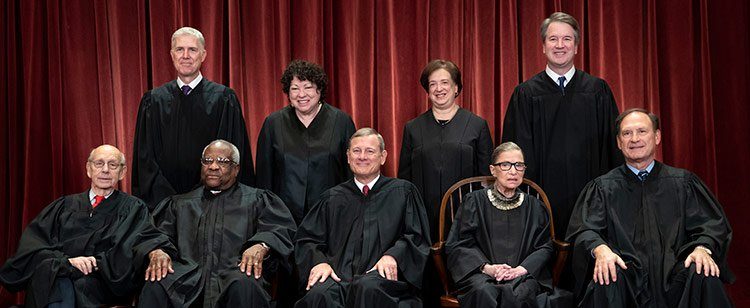Hiya Law,
Our focus today is Gag Orders and the closure of courtrooms, both of which constitute prior restraint. The short outline attached summarizes case law as it applies to these topics. And the last assigned reading (Cave) explores if gag orders “protect rights or curtail them.”
In current events, the World Press Freedom Index this week ranked the United States 45th out of 180 countries. The pandemic threatens freedom of the press worldwide, and U.S. press freedom, the report says, continues to suffer under President Trump:
A “dangerous anti-press sentiment” as well as the arrest, physical assault, public denigration and harassment of journalists has trickled down to the local level, the report said.
The countries ranked first through fourth are Norway, Finland, Denmark and Sweden. China is 177th, and coming in last at #180 is North Korea.
Please continue to prepare for Tuesday’s test, which will be similar to the other tests you’ve taken. It’s important to review 1) the Privacy and Covering the Courts outlines, 2) the You Be the Judge in-class exercises, 3) class emails and 4) readings.
I’ll email you the test at 1 Tuesday, after which the email will be posted on the WordPress page: https://journalismandlaw.wordpress.com
Return only your numbered answers to me by email in a Word doc. Do not return the test itself. Your responses should be short and to the point. Double-space between your answers and use at least 12-point type.
Deadline is 1 p.m. Wednesday unless you make other arrangements with me. I’ll then return scores and an answer key to you.
I miss seeing you! I hope you’re keeping well!
All best,
k
